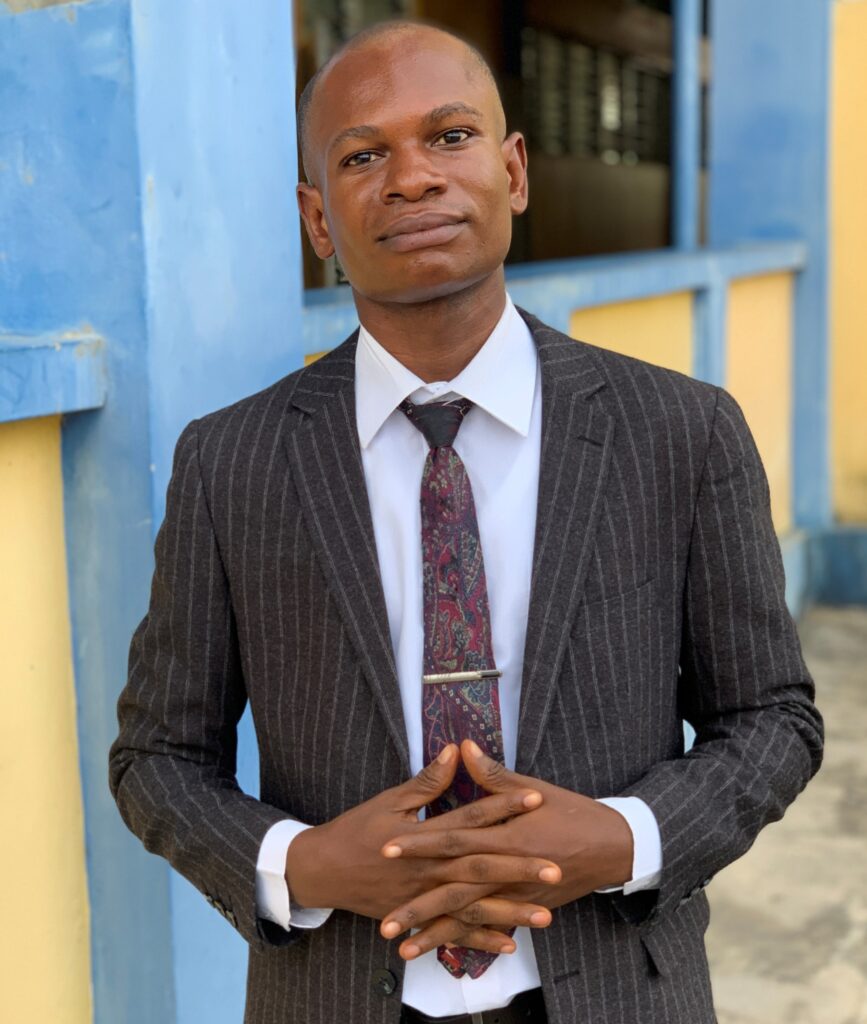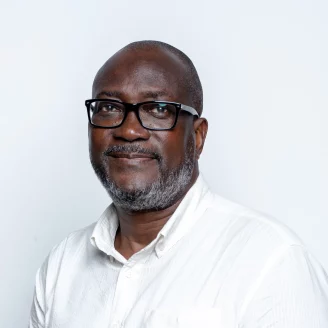By Napoleon Ato Kittoe
The legal field has historically lacked diversity and inclusion. Recent advances, however, point to positive changes.
In the legal profession, female lawyers have played crucial roles in advancing legal inclusivity for women.
Significant gains have been made with respect to the male-female ratio in all representations. Women’s enrolment in law schools is growing and becoming pronounced. Though data is not immediately available on the numbers who hold law dean positions, generally in the judiciary, women can be found to be playing key roles. These include State Prosecutors, Judges, Attorneys, Corporate Lawyers, and Law Lecturers.
All these layers magnified with the appointment of female Chief Justices, CJs in Ghana. The West African nation first had a female CJ in its current Fourth Republic, and the present CJ, also a female, is the third.
The above is the pinnacle of their vertical movement on the professional ladder. Beneath the top, are vital facts, such as women accounting for more than 30 percent of the members of the Ghana Bar Association, GBA.
The key political parties in Ghana, which had assumed the reins of government before, have female lawyers in their stables. And increasingly, and lately, corporate organisations have given female lawyers preference when it came to employment. The systematic push for female legalists, has resulted in their dominance in big law firms and legal departments of institutions.
For instance, of the 35 lawyers working at the respected law firm Bentsi-Enchill, Letsa & Ankomah, an approximate 71 percent are women. Another Law Firm, Sam Okudzeto and Associates, has one Mrs. Victoria Barth as a managing partner. Also a Director of Prudential Bank, Mrs Barth is a member of the Ghana Bar and Commonwealth Lawyers Association. This said, it is reported that female attorneys in partnership positions at major law firms still lag behind.
In the knowhow or areas of specialisation, women lawyers have read relevant legal courses such as company law, land law, family law, banking and finance law, commercial litigation and criminal law. These eye-opening and high-level pursuits in the legal profession, have affected female practitioners to press harder for greater inclusiveness. Nana Oye Bampoe, a lawyer who became a Minister of Gender, Children and Social Protection, advocated more female participation in streams of empowerment that required legal knowledge to tackle the issues facing society’s vulnerable.
Its formalised settings are mentorship programmes, and the created environments that are supportive and essential for retaining and advancing women lawyers.
Mentorship relationships allow senior female lawyers to provide guidance for young professionals. Mentors provide support, encouragement, and validation, which builds resilience and impetus for success. In today’s digital age, some mentors and mentees are connected on online platforms where career opportunities are discussed, and bonded through networking.
The successes chalked up by practising female lawyers are inspirational to future generations, prospective lawyers in the same gender inclusive. Collectively, their challenges reside in both family and private lives, as well as the encounter with male chauvinism in formal institutions.
A report by the Ghana News Agency, GNA, on March 15, 2023, indicated that a male judge of the Bolgatanga High Court had to flee town after a judgement he gave caused a reprisal. This posts a dreadful picture of the profession females are encouraged to join.
Well, women judges who nearly faced similar occurrences have shown courage and fortitude. Let’s note that this example is so different from the Bolgatanga incident, but it suffices to say that a female judge in a courtroom maintained her composure and focused on the legal proceedings when faced with the tricky question by the accused, “Do you know me?” The judge brushed aside the perceived personal relationship with the accused, and handed a fair verdict. It is this willpower of women lawyers in defending human rights and promoting justice that are the strongest posters on their endeavours and makes a case for women as indispensable in the scheme of things.



